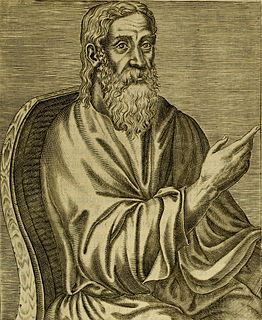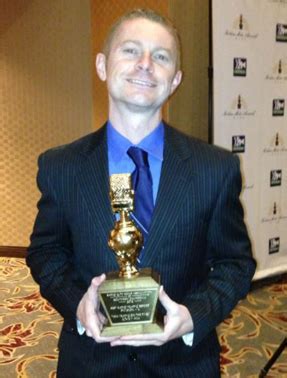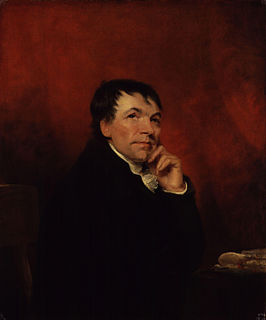A Quote by Mahatma Gandhi
Related Quotes
Prayer brings to us blessings which we need, and which only God can give, and which prayer can alone convey to us ... This service of prayer is not a mere rite, a ceremony through which we go, a sort of performance. Prayer is going to God for something needed and desired. Prayer is simply asking God to do for us what he has promised us he will do if we ask him ... Asking is man's part. Giving is God's part. The praying belongs to us. The answer belongs to God.
Very sacred is the vocation of the artist, who has to do directly with the works of God, and interpret the teaching of creation to mankind. All honor to the man who treats it sacredly; who studies, as in God's presence, the thoughts of God which are expressed to him; and makes all things according to the pattern which he is ever ready to show to earnest and reverent genius on the mount.
Let man only approach his own self with a deep respect, even reverence for all that the creative soul, the God-mystery within us, puts forth. Then we shall all be sound and free. Lewdness is hateful because it impairs our integrity and our proud being. The creative, spontaneous soul sends forth its promptings of desire and aspiration in us. These promptings are our true fate, which is our business to fulfill. A fate dictated from outside, from theory or from circumstance, is a false fate.
Trench says a wild man is a willed man. Well, then, a man of will who does what he wills or wishes, a man of hope and of the future tense, for not only the obstinate is willed, but far more the constant and persevering. The obstinate man, properly speaking, is one who will not. The perseverance of the saints is positive willedness, not a mere passive willingness. The fates are wild, for they will; and the Almighty is wild above all, as fate is.










































